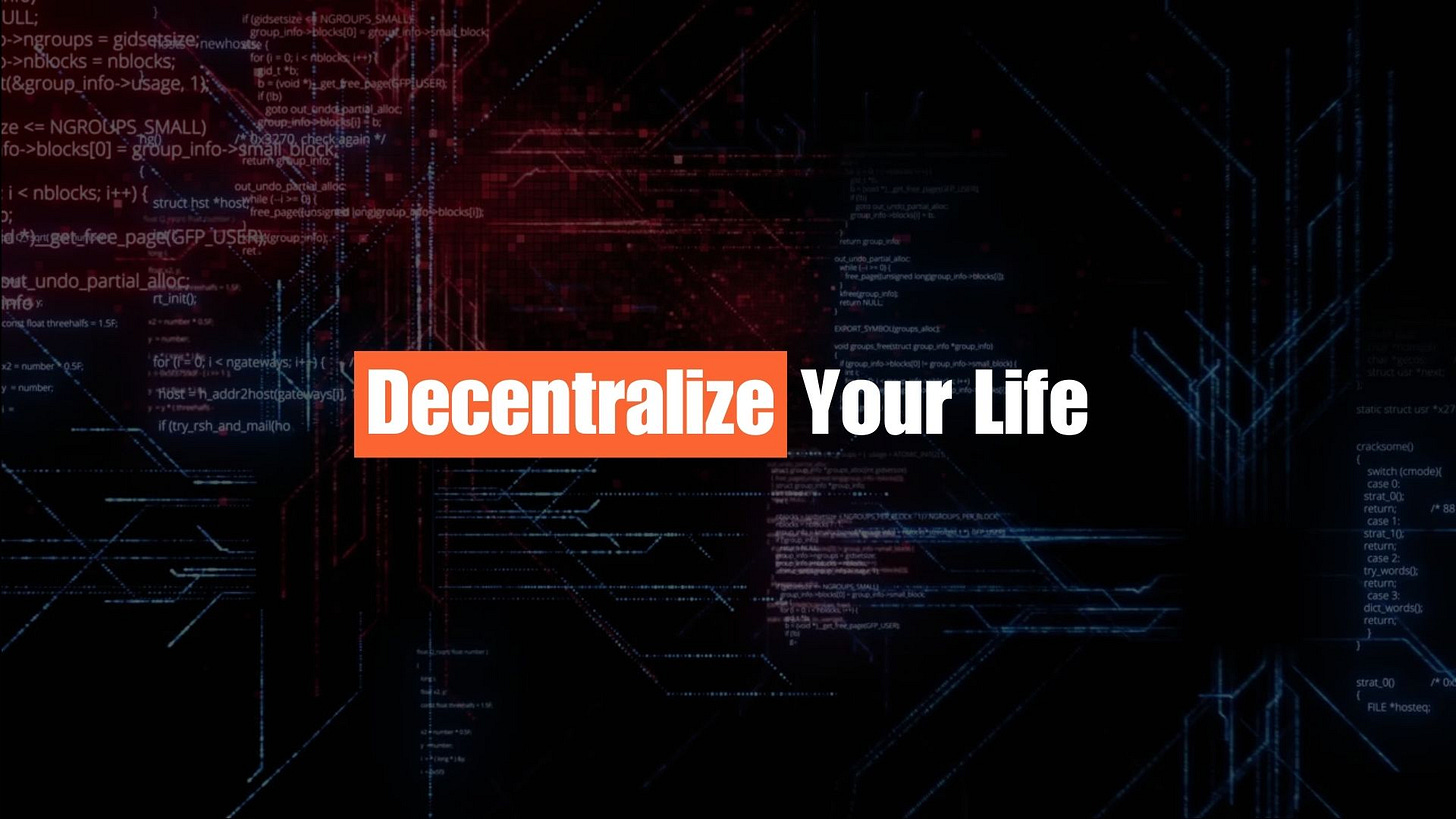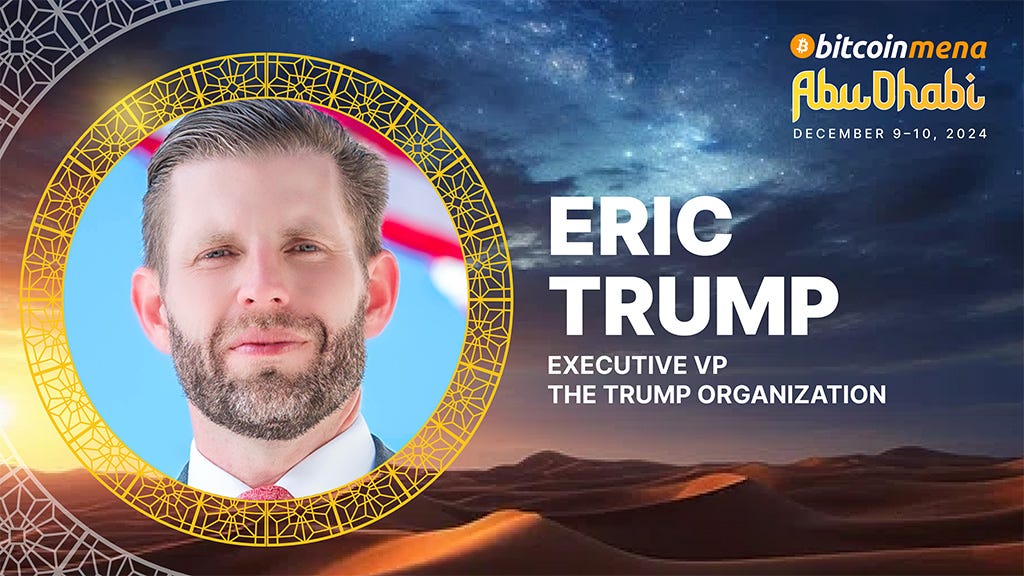What Happens if Bitcoin Goes Tax-Free? A Vision That’s Electrifying U.S. Bitcoin Holders
#Bitcoin #AbuDubai
Eric Trump’s Bitcoin speech in Abu Dhabi yesterday shocked the crypto world.
He’s hinting at something that could redefine financial freedom: tax-free Bitcoin.
Here’s why this idea is electrifying 50M+ U.S. Bitcoiners—and the fight that’s brewing to make it a reality. 🧵👇
Imagine this: Bitcoin transactions no longer reportable to the IRS.
No capital gains taxes.
You’d directly own your Bitcoin—not through ETFs or middlemen.
This would be a financial revolution and a constitutional showdown. But how did we get here?
The roots of this fight trace back to a 2014 IRS decision.
They declared Bitcoin as “property,” taxing it as a capital transaction.
But here’s the kicker:
Congress never passed this law.
The IRS acted unilaterally, and for years, freedom-fighters have argued it’s unconstitutional.
Enter RFK Jr., who fired up the Bitcoin community in July 2024:
“We must defend the Fourth Amendment’s promise of privacy. Requiring Americans to report every Bitcoin transaction to the IRS isn’t just invasive—it’s undemocratic.”
And his next point shook the system.
RFK called out the risks of ETFs:
“Direct Bitcoin ownership is essential. ETFs make Bitcoin a security, concentrating power in the hands of Wall Street giants like BlackRock. Decentralization isn’t just a feature of Bitcoin—it’s the whole point.”
This issue isn’t just financial—it’s deeply political.
RFK and the Bitcoin movement argue that:
• The IRS’s 2014 rules suppress decentralization.
• Taxing Bitcoin violates privacy rights.
• The Chevron Doctrine reversal has reopened this debate.
And that’s where the Supreme Court comes in.
In 2024, the Supreme Court overturned the Chevron Doctrine, which gave federal agencies broad powers to interpret laws.
Now, Bitcoiners are challenging the constitutionality of taxing Bitcoin at all.
It’s a legal battle with billions at stake.
Eric Trump’s Abu Dhabi speech took this fight global
“Tax-free Bitcoin isn’t just about policy—it’s about freedom. America must protect financial autonomy to lead in the Bitcoin era.”
But here’s the question: Can the U.S. catch up to nations already adopting Bitcoin-friendly policies?
Look at the UAE, where Eric made his speech. No capital gains tax. No income tax.
Bitcoin adoption is surging, and Dubai is positioning itself as the world’s crypto hub.
The U.S., with its tax burdens, risks falling behind. But this debate isn’t just about international competition.
It’s about you.
When Bitcoin transactions are taxed, the government knows:
• What you’re buying.
• How much you’re spending.
• Every detail of your financial life.
Is that freedom? Bitcoin was designed to be decentralized and private.
Satoshi Nakamoto’s vision wasn’t for ETFs dominated by Wall Street. It was for individuals to own their wealth without intermediaries or surveillance.
Tax-free Bitcoin could make that vision a reality. Of course, the resistance is fierce.
Critics argue:
• Tax-free Bitcoin could fuel tax evasion.
• The U.S. could lose billions in revenue.
• Decentralization is a pipe dream as institutions dominate.
But there’s a counterargument.
RFK put it bluntly
“Governments have no business knowing YOUR business. Tax-free Bitcoin isn’t just about money—it’s about reclaiming privacy in the digital age.”
And he’s not alone. A growing movement of lawmakers, tech leaders, and legal experts are rallying for change.
They argue that:
• The Supreme Court’s Chevron ruling paves the way.
• Tax-free Bitcoin will boost adoption.
• Decentralized ownership is critical to resisting institutional capture.
Eric Trump’s timing couldn’t be better.
With 50M-60M Bitcoiners in the U.S. and growing frustration over financial surveillance, this could become a defining issue of the 2024 election.
But there’s a bigger question.
If the U.S. embraces tax-free Bitcoin, it could:
• Lead the global crypto economy.
• Safeguard individual privacy.
• Reinforce decentralization as a democratic value.
But if it doesn’t? Nations like the UAE are ready to take the lead.
So here’s the real question:
Is Bitcoin the path to reclaiming financial freedom—or just another tool for the powerful?
Eric Trump’s speech has sparked a debate that could shape the future of money, privacy, and power.
Where do you stand? Let’s discuss. 👇







